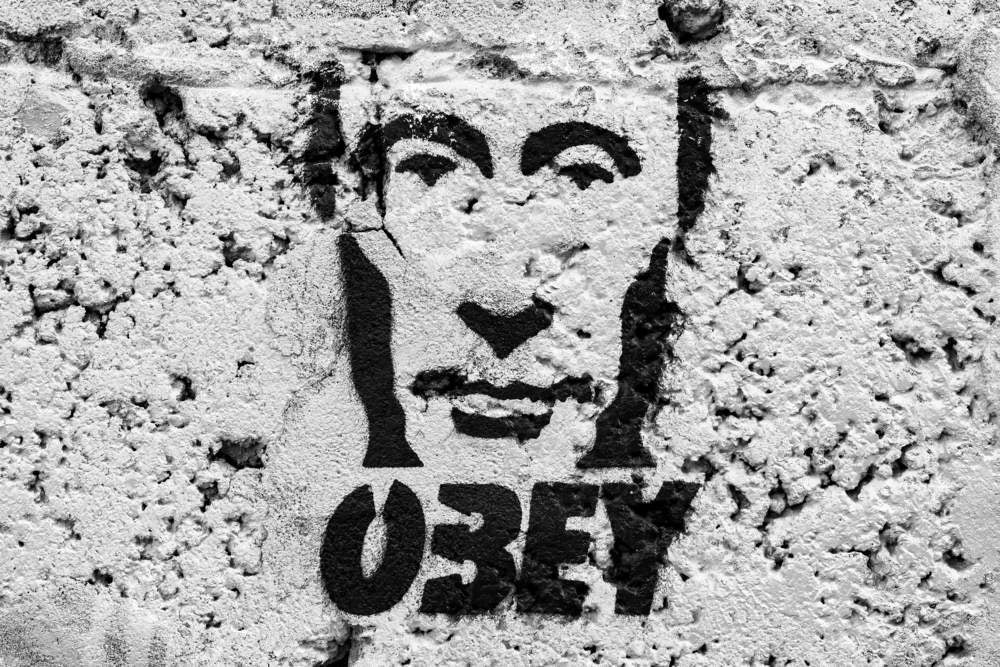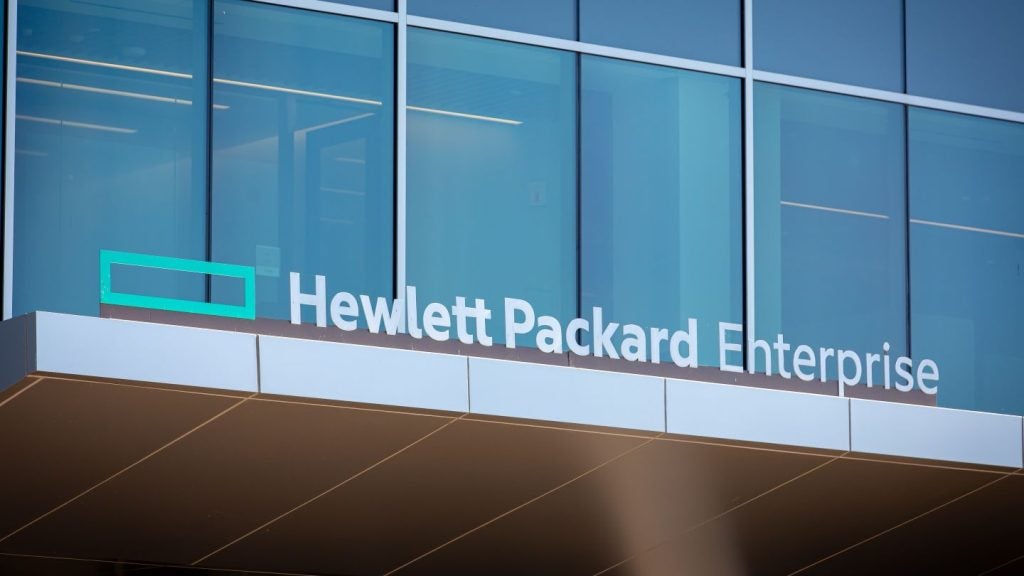
Russia has unveiled a monument to victims of political repression during the Soviet era, its first ever national memorial to those imprisoned and executed under the regime.
The sculpture’s opening came as part of the official Day of Remembrance for Victims of Political Repression — an event first held in 1991 with the collapse of the Soviet Union.
Created by artist Georgy Frangulyan the Wall of Sorrow was chosen from 336 entries and consists of a bronze wall depicting a multitude of faceless human figures.
The piece is curved to resemble a giant scythe and is interspersed with archways in which visitors are encouraged to stand and become a part of the work.
The word Remember is emblazoned along its surface in a variety of languages. It was moved on Saturday from Frangulyan’s workshop to the installation site within Moscow’s Garden Ring.
The monument has received criticism due to the involvement of Russia’s president Vladimir Putin at its unveiling.
A statement has been released by a group of former political prisoners and human rights activists who said the memorial is a hypocritical gesture when the current government is carrying out its own system of oppression.
Putin has previously made comments that seemed to defend Stalin.
In 2015 he said enemies of Russia have “demonised” Stalin as a form of attack and praised the Soviet leader for being an “effective manager”.
Polls show that Russians’ animosity toward Stalin has decreased since Putin came to power almost 18 years ago and many think this is due to efforts made on the part of Putin and other Russian officials to change Stalin’s image.
The dissidents who contributed to the statement claim that the memorial should be erected in Moscow only when political repression is a thing of the past, and not a current issue.







